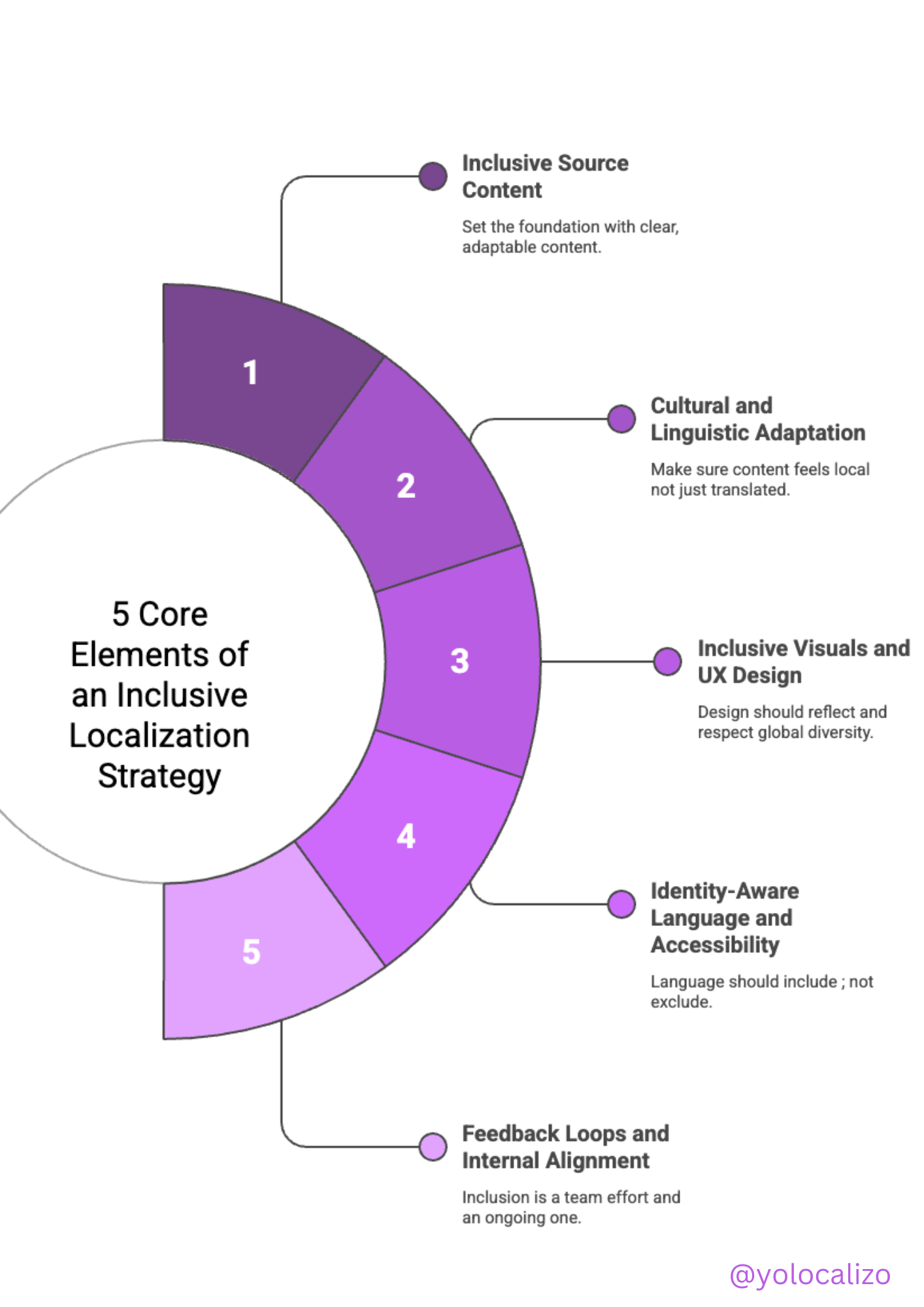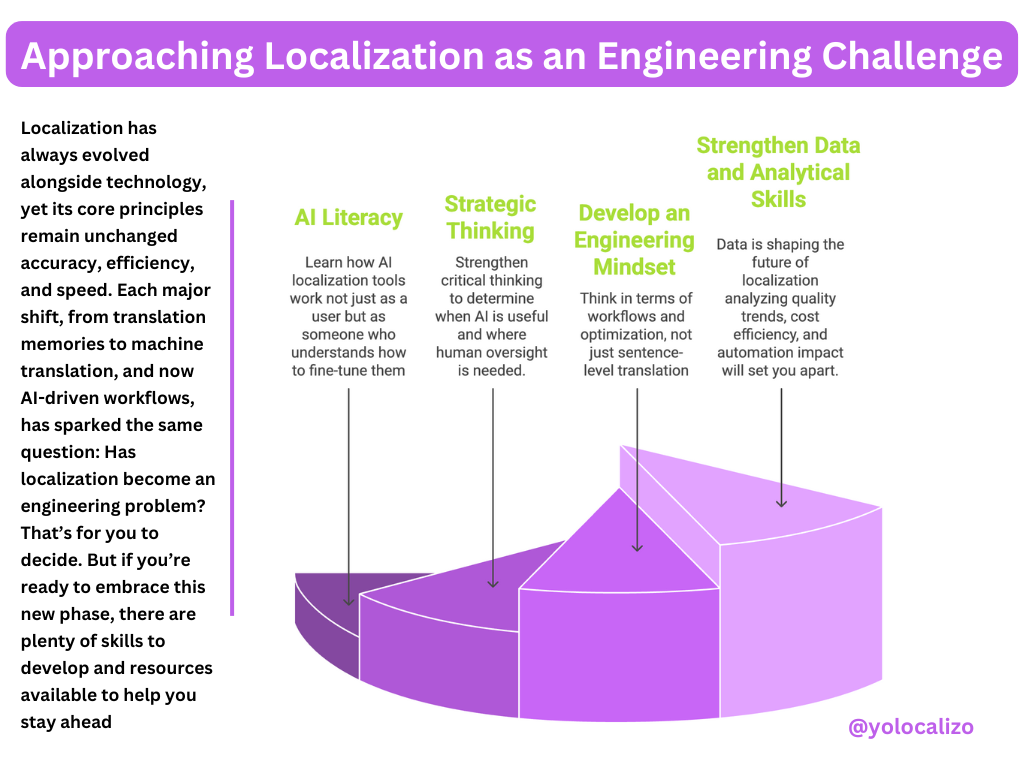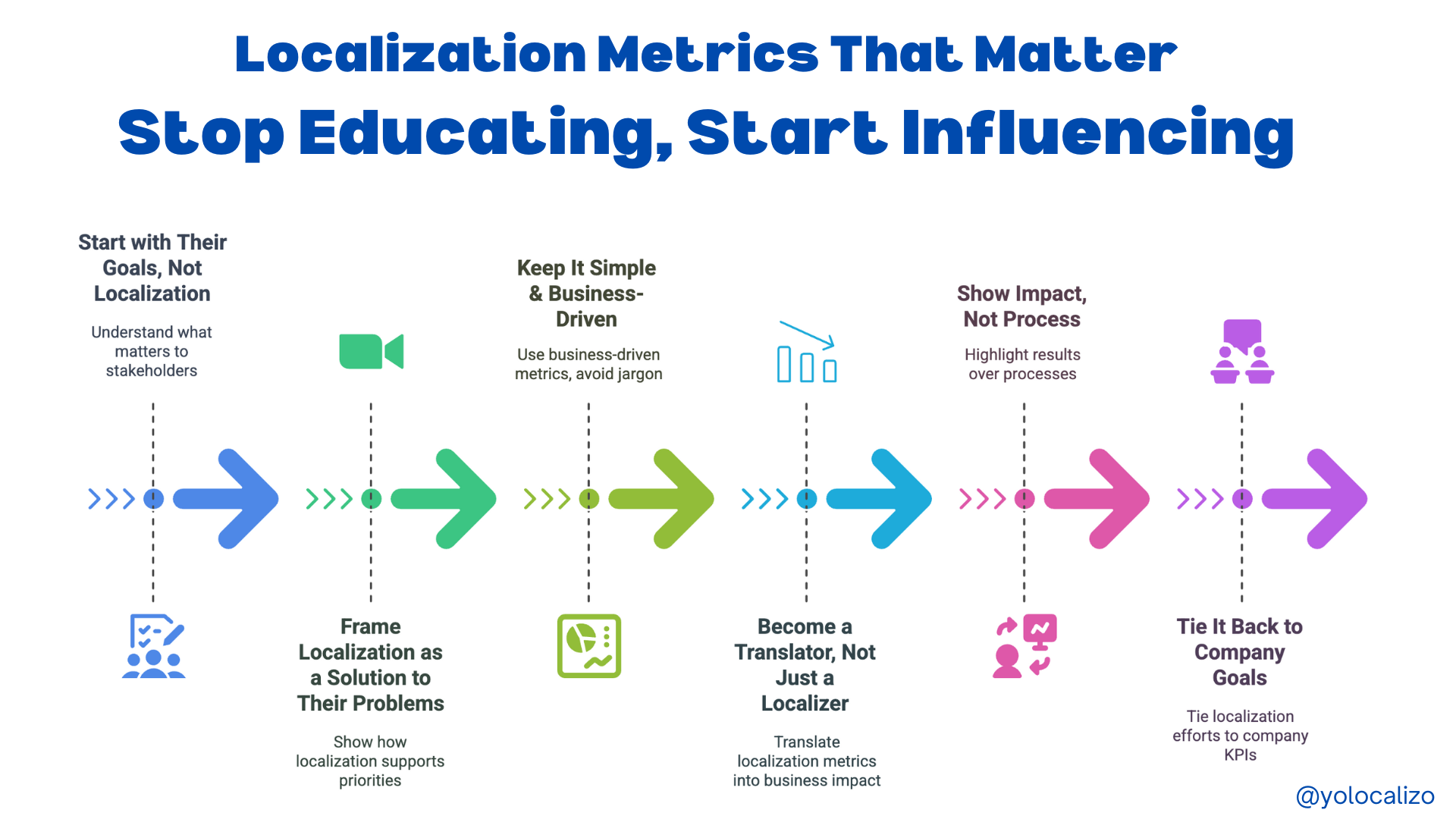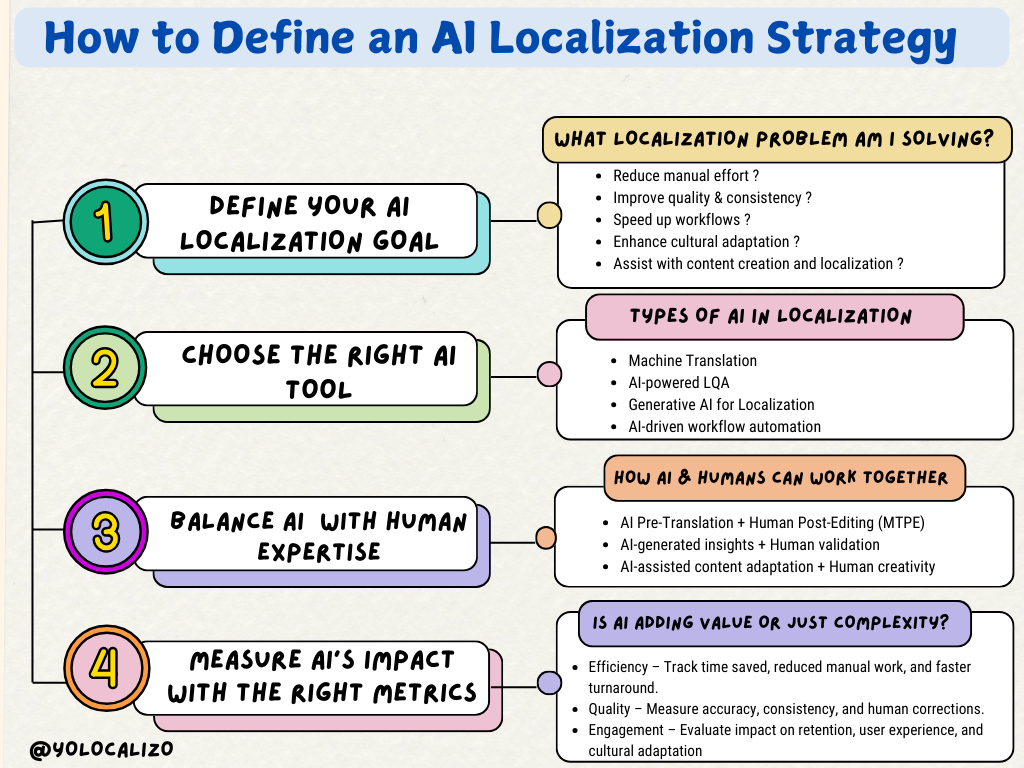7 skills to start as a Translator, (uncle style ...)
Last weekend we celebrated my mother's birthday, I like these family celebrations very much; I think I've been lucky since the different members of my family get along each-other "moderately" well, brothers-in-law, aunts, nephews .... we can have a nice family reunion; yes, sometimes we discuss about certain hot topics, but we do not shout ourselves too much 😃
In general, these family meals provide me with balance, peace and quiet moments. It's a break because I do not talk about job topics ... but last week it was not like that. My niece starts next year the University. She's going to study a philology degree, she's not clear which one; but probably, paraphrasing her own words "one that carries a lot of French"
She declares herself to be passionate about the French language, its melody, its linguistic richness ... And while we finished the starters ... She said the following: "Uncle, I would like to be a translator".
My first reaction is that I almost choked on the ham croquette that I was eating, but once I got the situation, and drank a good drink of wine ... I was thinking an answer ...
Starting a translation business, earning a living as a translator, finding your place in the hyper-fragmented translation industry requires a titanic effort. It is a complex market, in which we compete with many people. It is probably one of the businesses in which the entry cost is one of the lowest. Technically with a laptop and an Internet connection, I have everything I need to start working.Yes, it is true that I will need some software, but to begin with, there are a lot of online tools that I can use for free.
So there I was, with a pre-university looking at me with a sparkle in her eyes, seeking advice.
I had 2 options; to be realistic and comment on how complex the translation industry is, or give her some feedback on how to start ... and I opted for the latter, after all, who am I to destroy her dreams?
The following paragraph and this post, in general, are my reflections on what is needed to start in the industry, it is not an exhaustive list, it is what I came up with between croquette and croquette 😃 but please, provide your feedback in the comments field if you believe that I left some important skills out;
Research skills
Translators are like Sherlock Holmes, they have to be curious, have attention to detail, and books to consult. They do not reveal cases like Sherlock, but to give the right tone to a translation they must have to be clear about which websites they will use to research the subject, we have to have links to our favorite dictionaries; and we also have to have direct access to web pages and books where we can consult the grammar rules of our language. In this wonderful post (in Spanish) from "En la Luna de Babel," we have a great summary of a language toolbox. Have a look; it's super complete and useful!
Social media
When you are a translator, you are your own company. It's crucial to know how to interact with people, have a website, a blog, you need content, material, and skills to create your personal brand. In this link, there's a good summary of how to approach this topic. Have a look, really comprehensive!
CAT tools
The combination of a CAT Tool with TM is a must for everyone who wants to make a career in the translation industry. A CAT-tool dramatically increases our translation capacity and the number of words we can translate per day. Now, which one to choose? There are many, so my recommendation is to try some and see which one fits best for you. Most of the tools they offer us a trial version, use them, get familiar with them and choose one, and then master it to be productive, sharpen the saw, learn the shortcuts. I have used several CAT during my career; I do not think there's a perfect one, as it really depends on our needs, for some people Trados might be overwhelming as it has many features, maybe features that we might not need, for others Wordfast Anywhere might be enough as it works with simple content ... lately, MemoQ is becoming very popular, I do not know which is the best for you, the best, for this reason, give it a try to the trial (they usually offer 30 days) and then choose one and learn it to manage well
Machine Translation (MT) + post editing
I do not see Machine Translation as a threat that substitutes a translator.
Machine Translation the way I see it it's another service that a translator can offer in the stack of services that they can provide. It's not a thread, it's just another service. There is no reason to be afraid of Machine Translation. Please check these articles I wrote about it. MT if we know it and we master how we can do a good post editing process, it can make us much more productive. When we combine in a translation CAT + MT, we can have a good translation wordcount output and we can be quite productive! I have friends who are very into the use of MT and they have pluggings in their CAT tools and they use it whenever they can ....and then do post-editing ... while I have other friends who take a totally different approach, they are more in favor of creating whenever they can a translation from scratch, more artisanal, taking each word with care and producing a unique translation. I think both approaches are fine, sometimes we have to make a fast food translation and sometimes we have time and the customer expects a slow food high-quality translation ...
Time Management
Being a freelance translator has a risk that at first goes unnoticed, we work from home, and that may be fine for all the time we save while commuting ... ..but being at home makes the risk of finding a balance between private/family life and work almost impossible to find. I have friends who started thinking that working from home was a bargain and ended up very burned by the lack of contact with other colleagues, they end up translating at the kitchen table while they have dinner ...When working at home it can help us to give it a try to a couple of very useful productivity techniques: time matrix and combine it with time boxing. If you use timeboxing, let me share a tip, do not fill all your schedule with boxes .. leave some room for unforeseen events or simply to not be overloaded.
Resilience
Our level of resistance is greater than we imagine, this is something that it's been said since the ancient Greece philosophers time...it's stoicism ... recently there is a stream of new writers and thinkers who deal with this issue (Obstacle is the way, A beautiful constraint, for example, are 2 very good books that I have read recently that deal with this topic) They tell us that it is important to learn to feel comfortable when we are in an uncomfortable situation. They talk about how to transform a constraint into an opportunity. Being one single man/woman company has many constraints. Learning how to deal with them will require high levels of resilience
Negotiation skills.
Probably the first great drama and obstacle that we find ourselves as translators is when we must decide what price we put on our services. We are afraid to set a high price, but starting at a low price also has its risk. Raising the rates later when a customer gets used to paying a certain rate is a tremendously complex task. That is why learning to negotiate and educate ourselves about negotiation techniques is so important. A lack of negotiation skills will make it difficult for us to make a good living in this industry.Check this link to get basics of communication skills info
And that's all I could think to say to my niece while devouring a paella....Good luck niece and you will tell me how your dream of being a French translator goes ...
Have a nice week everyone!
@yolocalizo













Before jumping on the AI bandwagon: What localization problem are you trying to solve? AI is everywhere right now, including in localization.
But before jumping on the bandwagon, we need to stop and ask:
Are we solving the right problem?